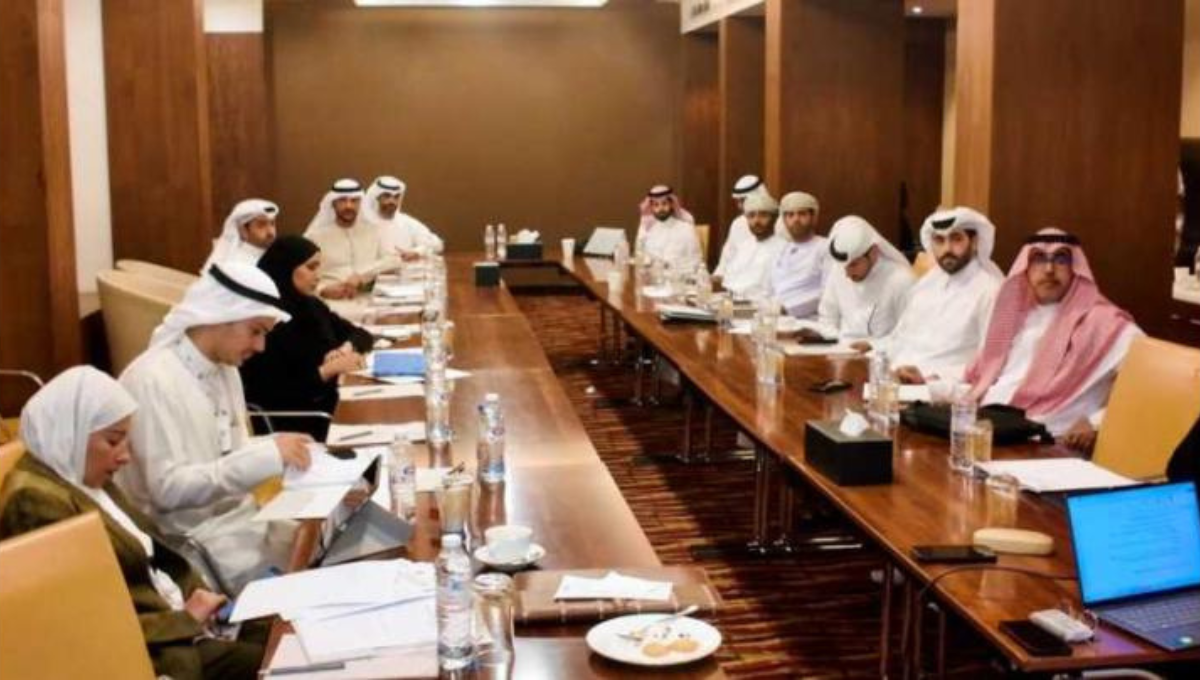The United Arab Emirates (UAE) recently played a pivotal role in a collaborative workshop aimed at strengthening the Gulf Cooperation Council’s (GCC) collective strategy to combat money laundering and terrorist financing. Hosted by the UAE’s National Anti-Money Laundering and Combating the Financing of Terrorism and Financing of Illegal Organisations Committee (NAMLCFTC), the workshop brought together GCC counterparts and key stakeholders to enhance regional cooperation and align with international financial standards.
Workshop Objectives and Context
The workshop focused on developing a cohesive GCC-wide anti-money laundering (AML) strategy that promotes risk-based compliance, improves effectiveness, and ensures sustainability of national and regional AML frameworks. This initiative comes at a time when the UAE, along with fellow GCC states, seeks to reinforce its defenses against financial crimes that threaten economic stability and security.
A key aspect of the discussions was the Financial Action Task Force (FATF) mutual evaluation process, designed to assess and improve countries’ compliance with global AML standards. The FATF’s recent decision to delist the UAE from its Grey List in early 2024 was highlighted as a significant achievement underscoring the country’s enhanced regulatory environment.
UAE’s Leadership and National Strategy
His Highness Sheikh Abdullah bin Zayed Al Nahyan, Deputy Prime Minister and Minister of Foreign Affairs and Chairman of the Higher Committee Overseeing the National Strategy on AML and Counter Terrorism Financing, emphasized the UAE’s commitment to combating illicit financial flows. He expressed appreciation for the efforts of the National Committee and its General Secretariat in preparing the UAE’s updated National Strategy for Anti-Money Laundering, Countering the Financing of Terrorism, and Proliferation Financing for the period 2024-2027.
The UAE’s strategy, approved by the Cabinet, is built around 11 strategic goals that introduce legislative and regulatory reforms aimed at preventing criminal exploitation of the financial system. It was developed with input from the latest National Risk Assessment using the World Bank Group’s methodology and with significant involvement from private sector stakeholders.
Regional Cooperation and FATF Alignment
The workshop facilitated knowledge exchange among GCC members on best practices for AML and CFT (Counter Financing of Terrorism) frameworks, focusing on harmonizing regulations and improving cross-border coordination. Participants discussed ways to strengthen national supervisory authorities and financial intelligence units to detect and deter suspicious financial activities effectively.
Coordination between GCC states enhances the regional bloc’s capacity to respond to emerging money laundering and terrorist financing risks, including those linked to new technologies and complex transnational networks. The workshop also underscored the importance of adherence to FATF recommendations for maintaining global financial integrity and gaining investor confidence.
Statements from Key Officials
His Highness Sheikh Abdullah bin Zayed stated, “This workshop embodies the spirit of Gulf cooperation, aiming to fortify our collective resilience against financial crimes. Our national and regional strategies are aligned to meet the highest international standards and protect our societies from illicit financial flows.”
The Chairperson of NAMLCFTC highlighted that the workshop marked a critical step in GCC countries’ unified effort to update and implement robust AML policies, stressing the importance of continuous evaluation and adaptation to evolving threats.
Looking Ahead: Strengthening AML Capacities
Following the workshop, the UAE and its GCC counterparts are expected to advance detailed action plans to operationalize the agreed strategies. These plans will include capacity-building initiatives for law enforcement, judiciary, and supervisory bodies, leveraging technology for enhanced financial investigations and promoting private sector compliance.
The UAE continues to invest in national and regional capabilities, reaffirming its role as a regional AML leader and a trusted global financial hub. The strengthening of GCC anti-money laundering strategies will contribute significantly to safeguarding the integrity and reputation of the financial sector across the Gulf region.


